How does the educational leadership capacity framework meet the needs of learners including diverse learners
The Educational Leadership Capabilities Framework (ELCF) places emphasis on the need for teachers as leaders to ensure culturally responsive practice and understanding of Aotearoa New Zealand’s cultural heritage, using Te Tiriti o Waitangi as the foundation. By this, educators must offer support to all learners under their care to understand their cultural heritage and capitalize on this to provide a strengths-based curriculum and pedagogy, that involves whanau and others to inquire about the effectiveness of the approach to ensure all learners enjoy consistent learning outcomes responsive to their identity (Education Council New Zealand, 2018).
That said, the framework appears to be missing the fact that leaders must be able to lead in not only familiar situations in normal school settings but also unfamiliar or complicated situations that recent day challenges pose to the educational settings. A typical example of a complex and dynamic environment is the recent lockdown learning brought about by the covid-19 pandemic. This brings new dimensions to teaching and learning and particularly affects diverse learners in different ways. We were taken by surprise and so initially students had to cope with these dynamics on their own without any deliberate training. The best scenario was for learners to be proactively supported through targeted professional learning on how to navigate lockdown schooling.
As a result of the lockdowns, routines changed placing a large expectation of agentic learning on learners. When routines change, children with a variety of learning styles or diverse learners are the ones who are most affected. Te Aho Matua o nga kura kaupapa Maori (2008) states that Maori students need physical and spiritual orientation as well as a predictable environment. These factors together with the need for student socialisation were beyond the control of teachers during the lockdown.
The ELCF (2018) sphere of evaluating practices in relation to outcomes requires teachers to analyze data and situations to inform them to take actions that will improve the outcomes of all learners. Hence consider self-reflection as a means for educators to grow. The lockdown brought new dimensions to teaching and learning and by this, teachers had to improvise and adjust the implementation of teaching and learning programmes as traditional planning methods had become ineffective. Professional development for teachers evolved over time and as needed or " Just in time". The sudden change of the situation however posed a lot of new challenges that made it difficult for teachers and learners to surmount. One of such was personalised learning and the inequity of the associated resources and another to consider was varying home-based support.
References
Education Council New Zealand. (2018). Educational leadership capability framework. https://teachingcouncil.nz/assets/Files/Leadership-Strategy/Leadership_Capability_Framework.pdf


 Teachers ViewPoint
Teachers ViewPoint
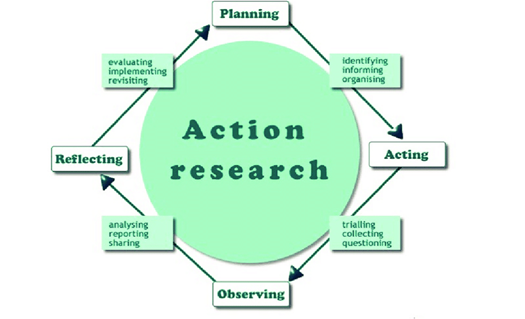
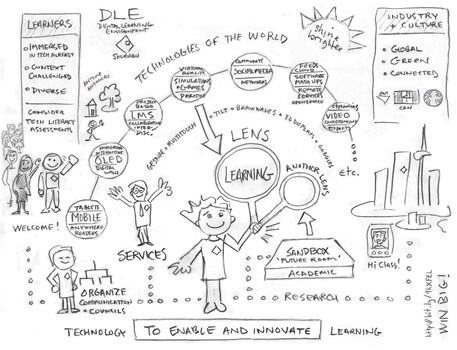
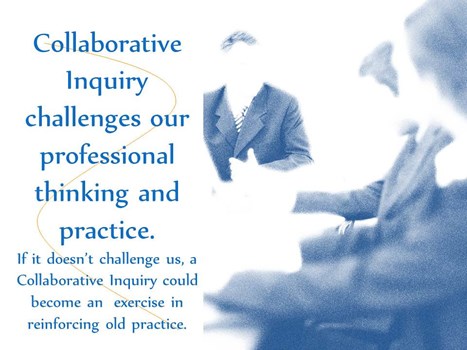
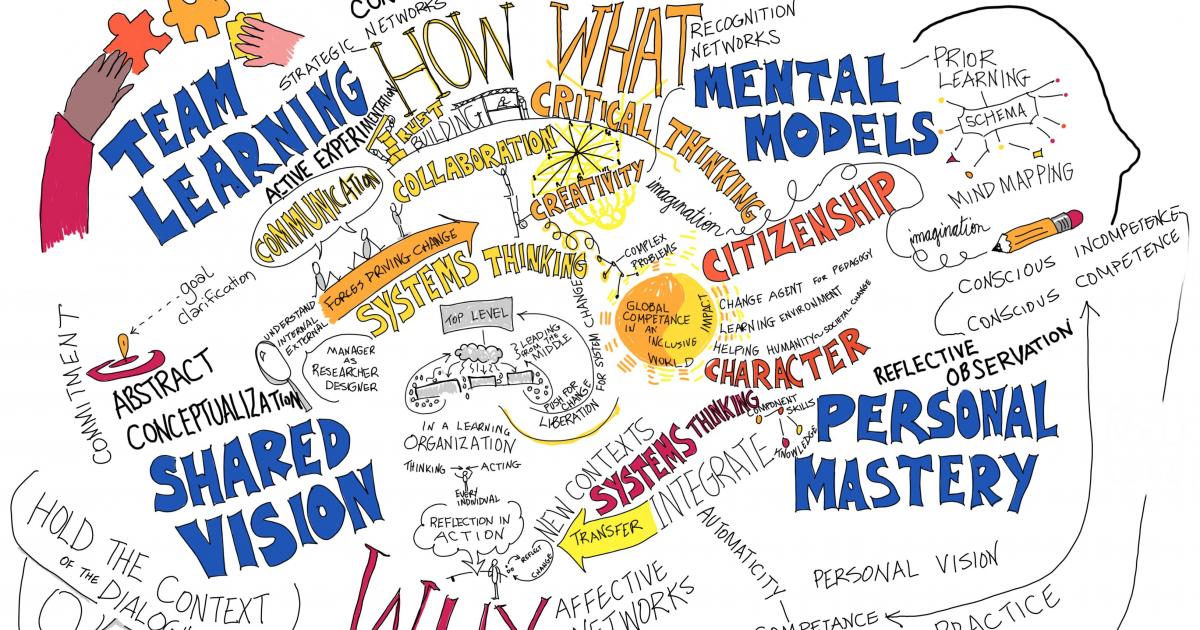
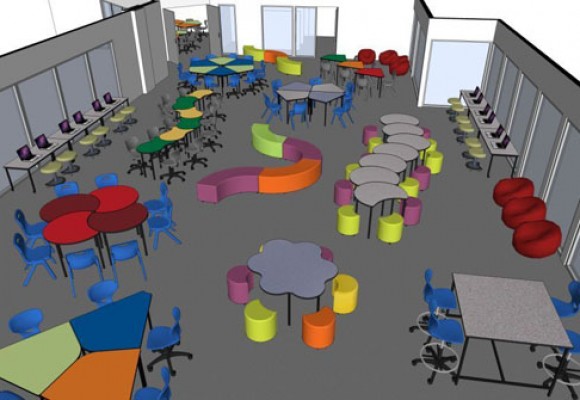
Please log in to post a comment.
0 Comments